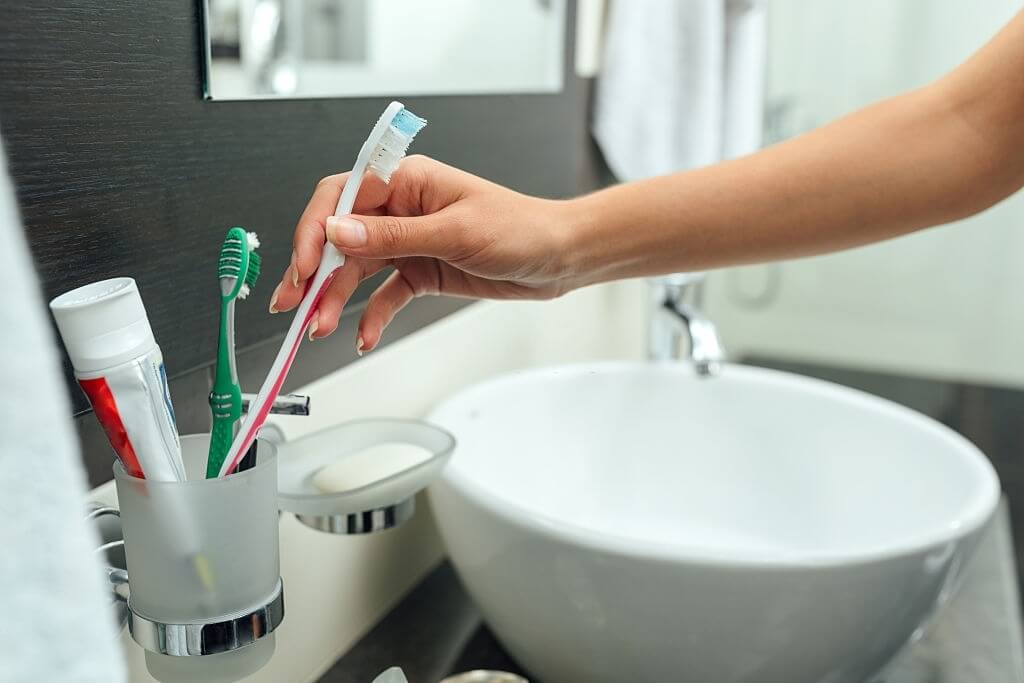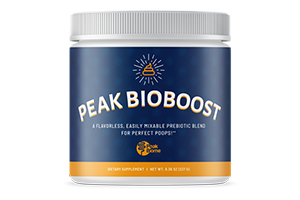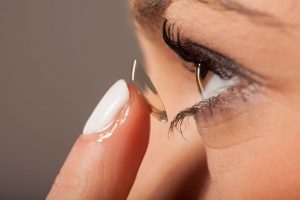Our ancestors have used salt as an alternative to toothpaste. Apart from adding flavours to your food, salt can also be used for many other purposes. There are many brands of toothpaste that contain salt content because of its anti-bacterial property. From treating toothache to removing bad breath, brushing your teeth with salt has claimed to have several advantages. Let’s dig a bit deeper and see if it is good or bad to brush your teeth with salt.
Find out Home Remedies to Cure Toothache

Is it Good to Brush Your Teeth with Salt?
Yes, salt can be used to brush your teeth as it helps maintain good oral health. Brushing teeth with salt may help to remove stains from the teeth and strengthen your teeth. If you want to disinfect your teeth or cure any toothache, you can use salt to brush your teeth.
What Happens if You Brush Your Teeth with Salt?
Salt is a natural toothpaste alternative and contains minerals that kill bacteria and strengthen your teeth. Salt consists of calcium, magnesium, iron, and sodium. Calcium is vital for your teeth that helps in strengthening your teeth. Salt has an abrasive property that helps in removing any plaque in your teeth and prevents any bad breath.
Brushing with salt promotes overall oral health, and the iodine present in the salt neutralizes the acid in your mouth. Salt is also high in anti-bacterial property that helps in preventing bacterial growth in your mouth. Brushing your teeth with salt also triggers saliva production in your mouth, which is essential to keep your mouth moist and clean. The iron and magnesium present in the salt help in preventing any dental disease.
Disadvantages of Brushing Your Teeth with Salt
Salt has an abrasive property with sharp edges, which can damage the teeth’ enamel and gums in the long run. The teeth enamel protects your teeth and prevents tooth decay. Once the enamel is damaged, it will not grow back. Also, the sodium present in the salt weakens your teeth and gums.
Long-term use of salt could destroy your teeth’ entire enamel, which causes tooth sensitivity to hot or cold food and even for sweet food sometimes. Losing the natural enamel can also make your teeth more yellowish eventually.
How to use Salt for Brushing Your Teeth?
You can wet the toothbrush, dip it with sea salt or table salt, and brush your teeth. However, there are certain techniques you can use to improve brushing your teeth. Since salt is more abrasive, it can cause damage to your teeth and gums. To avoid this, you can ground the salt and use it to brush your teeth, or you can add salt to your toothpaste and brush with it. Make sure you rinse your mouth clearly after brushing with salt since it can cause problems to your mouth.
FAQ
It is a myth that brushing your teeth with salt can make them whiter. Salt does help remove debris and stains from your teeth, but there is no scientific evidence that it has any whitening effect on teeth. On the downside, brushing teeth with salt daily can damage your teeth’ enamel, making your teeth yellowish.
Table salt has a lot of benefits for your teeth when used in moderation. It increases saliva production, which helps in fighting against bacteria that causes any infection in your mouth. Table salt is good for your teeth when you use it occasionally. Regular use of table salt can make your teeth yellowish and sensitive.
Salt consists of anti-bacterial and anti-septic properties. It helps in killing the bacteria that causes the cavity. Brushing your teeth with salt or rinsing your mouth with salt water will help in treating any infections. But there is no scientific evidence that it can cure the cavity. For tooth cavities or any dental problems, it is always advised to take a professional treatment.
The Final Thoughts!
Brushing your teeth with salt has many benefits for your oral health, but more frequent use of salt may cause severe damage to your teeth. If you are someone with high blood pressure, then also you should avoid using salts to brush your teeth as it can increase your blood pressure.










